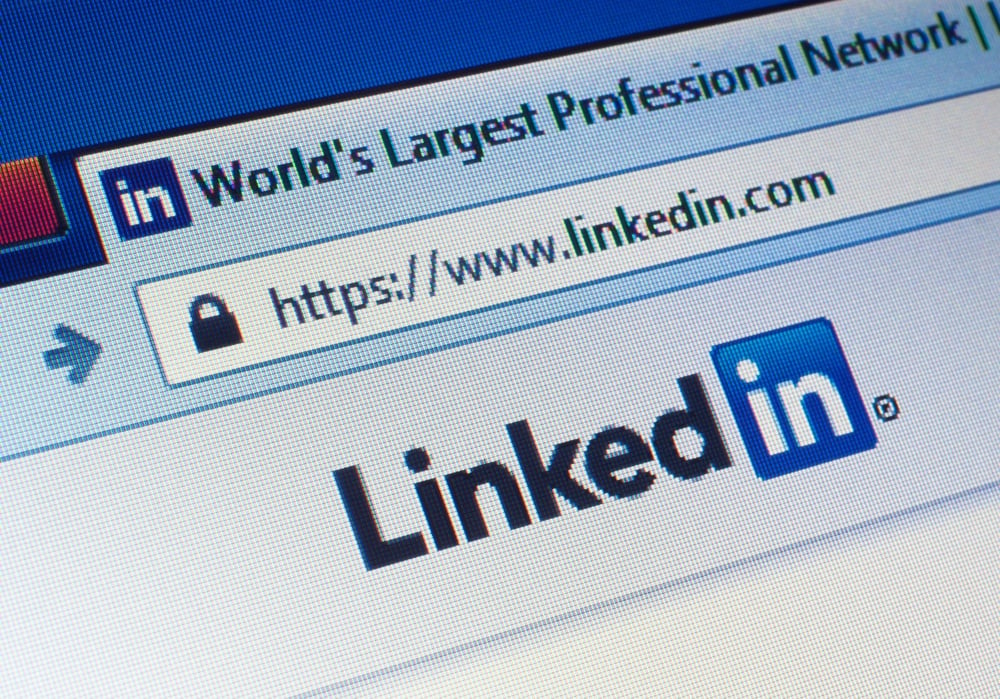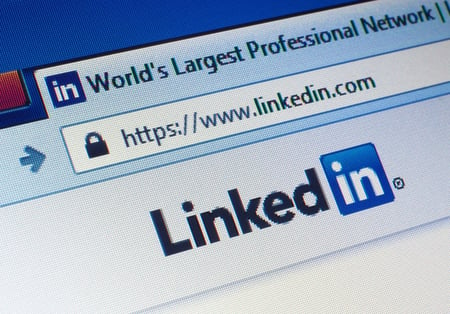 LinkedIn has become the professional social media platform. It is helping professionals stay connected with old colleagues, brag about their skills to potential employers, share industry insights, and find reliable freelance work. Employers are using LinkedIn to research candidates for employment, even before the interview process begins. Your LinkedIn profile shows the world what you've accomplished, who you are connected to and who is recommending you. Recommendations from supervisors, clients, suppliers and co-workers affirming your work style will not only enhance your profile, they will also show a hiring manager glowing references that attest to your candidacy for employment, without having to ask for them.
LinkedIn has become the professional social media platform. It is helping professionals stay connected with old colleagues, brag about their skills to potential employers, share industry insights, and find reliable freelance work. Employers are using LinkedIn to research candidates for employment, even before the interview process begins. Your LinkedIn profile shows the world what you've accomplished, who you are connected to and who is recommending you. Recommendations from supervisors, clients, suppliers and co-workers affirming your work style will not only enhance your profile, they will also show a hiring manager glowing references that attest to your candidacy for employment, without having to ask for them.
It’s important to understand exactly what a recommendation is before you request one, especially in regards to the difference between it and an endorsement. As LinkedIn defines them, recommendations are written by other LinkedIn members as a way to recognize or applaud a business partner or colleague. It is a letter, written in their own words. Meanwhile, endorsements are less specific. These are more vague virtual thumbs-ups that your connections can give you to authenticate your experiences. This is something like “Does Christina understand Public Relations?” and you only have to click the plus sign to say “yes." A true recommendation is much more specific and time consuming, so it is best to follow a few simple rules:
Request Them in Advance
Even if you aren’t currently looking for a job, it’s a good idea to start getting these recommendations now. You never know who’s looking for someone with your skill set. Getting them before you need them also means you won’t be scrambling to connect if you unexpectedly find yourself without a job. If your supervisor or a close coworker is leaving, ask for it before they go. Don’t wait six months until you are looking to leave as well, or they may have forgotten specific details (or you!).
When You Ask to Get One- Give One
The best way to get recommendations on LinkedIn is to give them. For whatever reason you want to start building up a collection of recommendations, those benefits hold true for them as well. When you recommend a LinkedIn member, you are attesting to their qualifications, and your connections will certainly appreciate it. More than likely, they will reciprocate if you take the time to recommend them. After all, if you can’t take the time to write one for them, why should they do one for you?
Be Personal and Respectful
Be mindful of the fact that you’re asking a busy professional to take time out of their day to do you a favor. Take your time to craft a personal message to them. Directly address them by name, tell them how much you would appreciate it, and thank them ahead of time. If you don’t know someone well enough to send this type of message, you probably shouldn’t be asking them for a recommendation in the first place.
When you receive a recommendation, you'll get notified via email and you'll be able to view the recommendation and request a revision, if necessary. Thank them again, and then publish it! Giving and receiving recommendations from other LinkedIn members enhances your presence, which is crucial to social media success.
Download our free Social Media for Business eBook today and get started toward client referrals, insider information, and staying in touch today.





